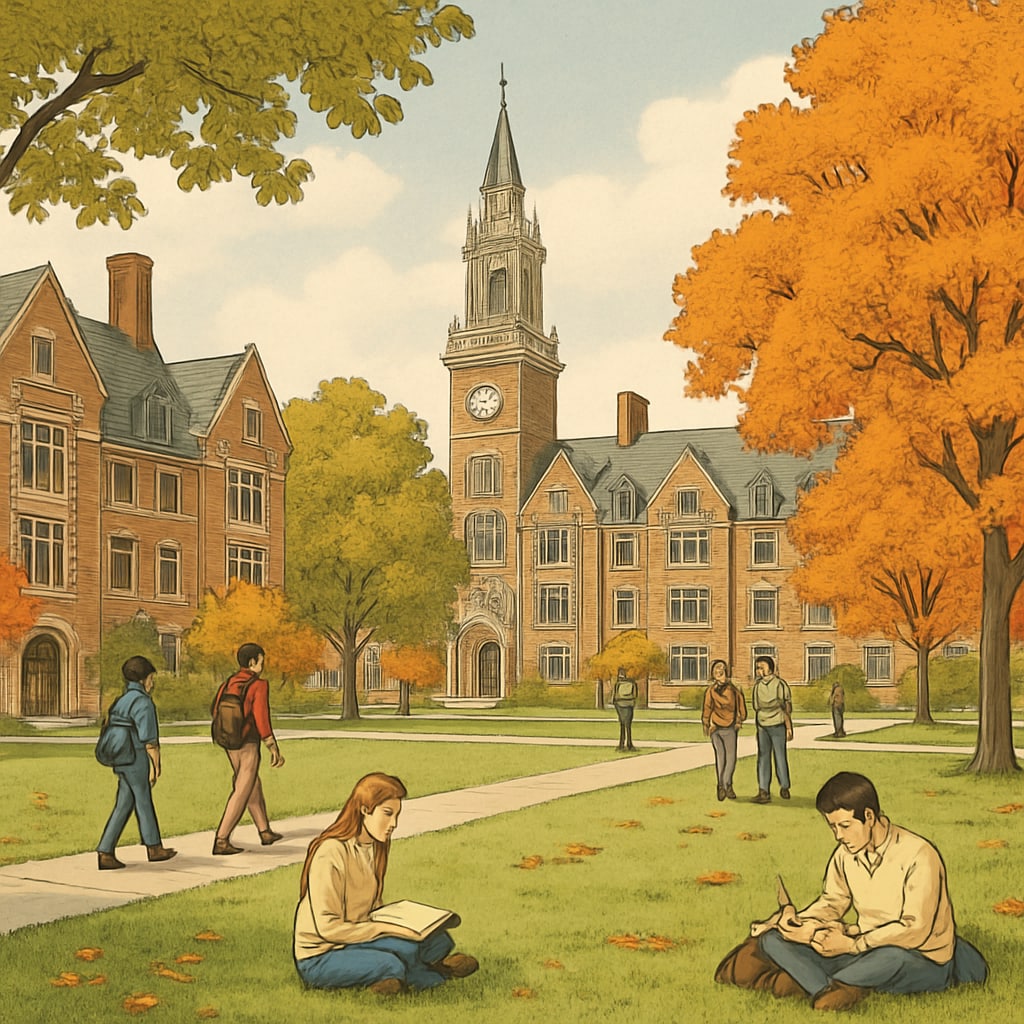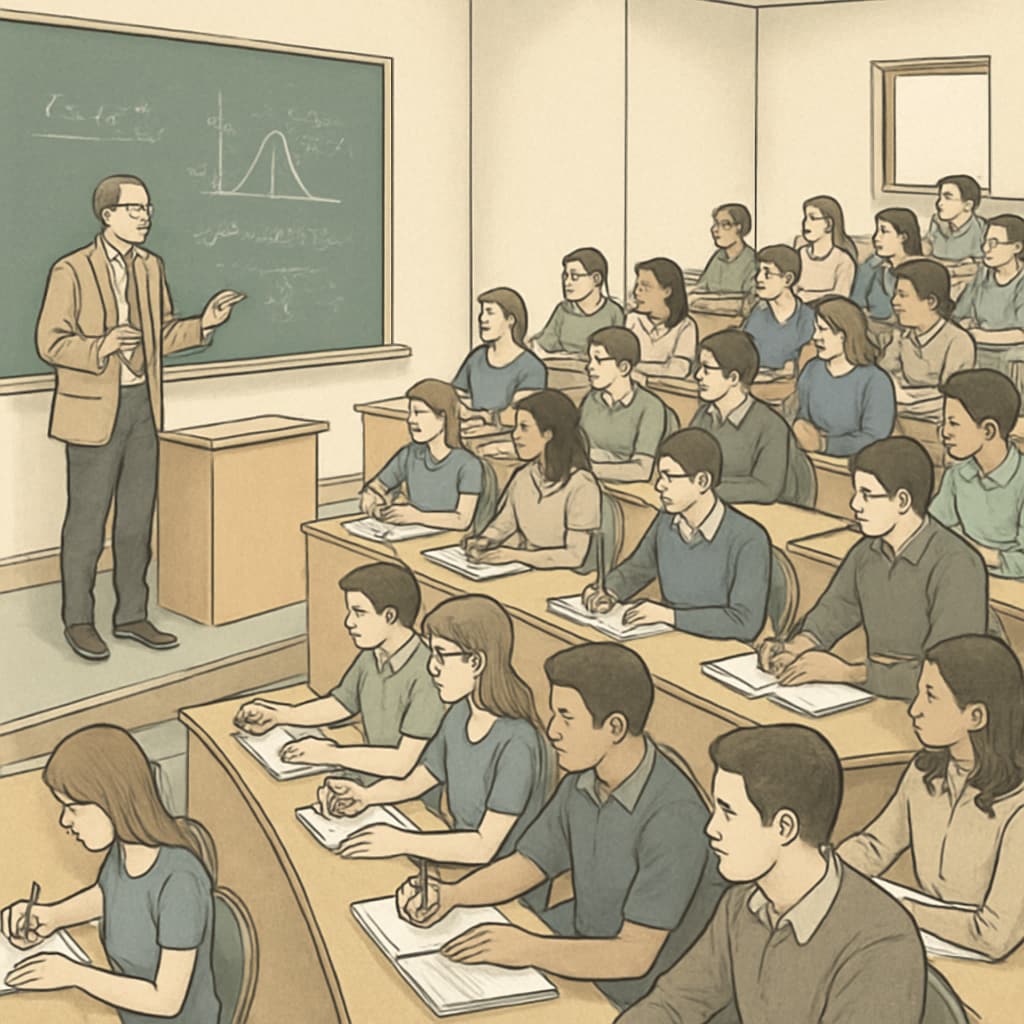Ivy League institutions, including Princeton University, have long been regarded as the gold standard in higher education. However, the reputation of these schools may often be overestimated, leading many to question whether their fame truly reflects their educational quality. This article dives into the overhyped value of Ivy League schools, exploring the myths surrounding their prestige and examining the consequences of society’s obsession with elite universities.
The Illusion of Ivy League Superiority
The Ivy League, a group of eight elite schools, has cultivated an aura of intellectual and social superiority. Princeton University, for instance, is often lauded for its rigorous academic programs, distinguished faculty, and influential alumni network. But is this fame justified, or is it a product of meticulous branding rather than unparalleled educational outcomes?
According to a study in Britannica, Ivy League institutions have historically benefited from their exclusivity, which is partly what fuels their reputation. The acceptance rates at these schools are notoriously low, creating a perception of scarcity and, in turn, desirability. However, critics argue that exclusivity does not necessarily equate to superior education. For instance, many public universities offer comparable academic rigor and resources at a fraction of the cost.

Princeton and the Overvaluation of Prestige
Princeton University is a prime example of how prestige can overshadow practical considerations. While it is undeniably a world-class institution, some argue that its actual contribution to students’ learning experiences may not always justify the hype. For example, smaller class sizes and access to Nobel-winning professors are often touted as unique advantages. Yet, these factors may not always translate into better outcomes, especially when compared to less renowned schools that emphasize innovative teaching methods and real-world applications.
Moreover, the financial burden associated with attending an Ivy League school can be staggering. Families frequently take on significant debt to afford the tuition, believing the investment will guarantee success. However, a report by the National Center for Education Statistics suggests that career success is more closely tied to individual skills and experiences than to the name on a diploma.

Society’s Obsession with Elite Institutions
The fixation on Ivy League schools often begins in the K-12 years, where parents and students operate under the belief that admission to these institutions is the ultimate educational goal. This mindset drives a hypercompetitive culture where grades, extracurricular activities, and test scores dominate students’ lives. While ambition is commendable, this relentless pursuit of prestige often comes at the expense of personal growth and mental health.
In addition, the Ivy League’s dominance in public perception perpetuates inequality in higher education. Resources and attention are disproportionately directed toward these schools, overshadowing the achievements of equally capable students in other institutions. This creates a feedback loop where societal validation is reserved for those who attend elite universities, further inflating their reputation.
Breaking Free from the Ivy League Myth
To address these issues, families and students must adopt a more balanced approach to higher education. Here are some steps to consider:
- Focus on individual fit: Choose a school based on academic programs, campus culture, and personal goals rather than prestige alone.
- Evaluate cost versus benefit: Consider the financial implications of attending an Ivy League school and explore scholarship opportunities at other institutions.
- Embrace alternative paths: Recognize that success is not limited to Ivy League graduates. Many leaders and innovators have emerged from non-elite schools.
By questioning the myths surrounding Ivy League schools, students can make more informed decisions about their education and career paths.
Conclusion: Rethinking Educational Value
The reputation of Ivy League schools like Princeton has been carefully cultivated over decades, but it’s essential to separate myth from reality. While these institutions offer undeniable advantages, they are not the only avenues to success. By prioritizing personal fit and practical outcomes over prestige, students can unlock the full potential of their educational journeys. It’s time to rethink what truly defines value in higher education.
Readability guidance: This article strikes a balance between in-depth analysis and accessibility. The text includes short paragraphs, frequent transitions, and bulleted lists to enhance readability. The tone is professional yet approachable, encouraging critical reflection without alienating readers.


